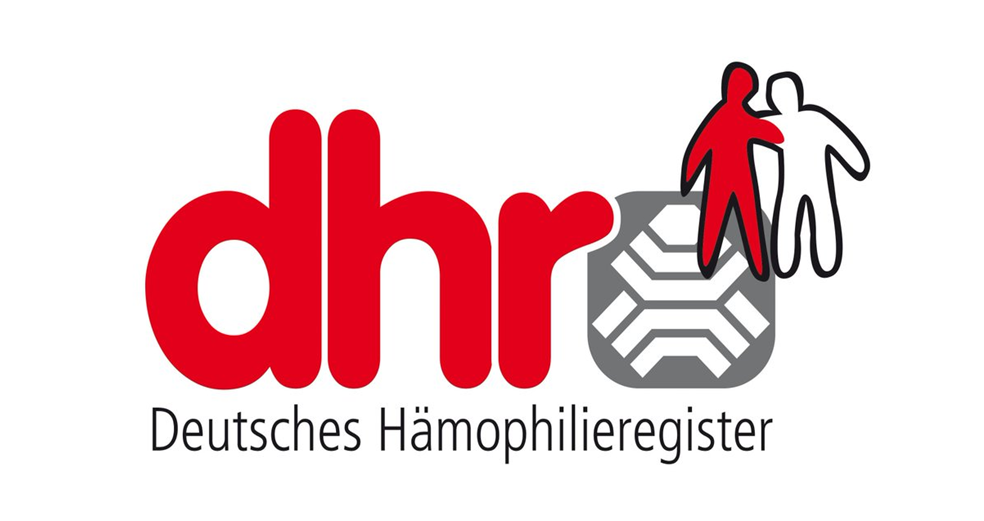Weitere öffentliche Anhörung in GB
03.05.2007
über kontaminierte Gerinnungspräparate
Öffentliche Anhörung über kontaminierte Gerinnungspräparate wird in Groß Britannien fortgesetzt. Informationen über unsicheres US-Plasma wurden nicht beachtet.
Contaminated blood warning went unheeded, claims inquiry witness
The government failed to withdraw US plasma supplies given to haemophilia patients despite a warning from the Public Health Laboratory Service in 1983 that they may be contaminated with the AIDS virus.
The revelation was given as evidence at an independent inquiry into the supply of contaminated NHS blood to haemophilia patients during the 1970s and 1980s, which has been described as the worst treatment disaster in the history of the NHS.
The letter, dated 9 May 1983, apparently called for all US plasma, manufactured after 1978, to be withdrawn from use because of the risk of AIDS. The reasons for withdrawal included the sourcing of US plasma from donors deemed to be at high risk of transmitting AIDS and the fact that haemophiliacs in the US and Spain, who had been treated with factor concentrates, were showing symptoms that indicated AIDS.
Presenting the evidence on 18 April, Carol Grayson, whose husband died as a result of receiving contaminated blood, told the inquiry: “Had the Public Health Laboratory Service warning been heeded, I believe many lives could have been saved.” However, “relying on UK production alone would have been very difficult”, owing to the government's failure to invest adequately in the Blood Products Laboratory at Elstree.
Rather than go down the route of self-sufficiency, the government pooled plasma products from UK and US sources. But, according to Ms Grayson, some supplies came from “virally high-risk donors, including prisoners and what they used to call skid-row donors, homeless donors”.
She told the inquiry: “Other NHS patients requiring blood were given blood from well-screened, volunteer UK donors, and there was a strict code of practice as regard to the collection of blood in the UK, which at that time was seen to be amongst the safest in the world. How then could the UK government ignore the importance of their own safety rules when it came to the haemophilia community and source treatment products from large plasma pools, fro the highest-risk donors in the US.”
In addition to those infected with HIV, about 5,000 people with haemophilia have been infected with hepatitis C as a result of their treatment with contaminated blood products. More than 1,700 people exposed to the treatment have died since being infected, while many more are terminally ill. Since 1985, virus inactivation processes and later, the use of recombinant treatment, have eliminated these infections.
The inquiry, which is led by former solicitor-general Lord Archer of Sandwell, has been privately funded after successive governments rejected calls for a public inquiry. Commenting on the significance of the inquiry, the Haemophilia Society chair, Roddy Morrison, said: “An entire generation of people with haemophilia have gone unheard. The government insists that its priority of priorities in the NHS is 'putting the patient first'. In our case, we were put behind closed doors by the in-house 'inquiries' set up by the Department of Health (DH) into narrowly-defined issues chosen by them.”
Reacting to the inquiry, the DH said: “We have great sympathy for those who were infected with hepatitis C and HIV and understand why they want to know how it happened and why it could not have been prevented. However, the government of the day acted in good faith, relying on the information available at the time. We have been open and transparent on this issue, ensuring that as much relevant information is in the public domain as possible, with numerous documents having been released under the Freedom of Information Act.”
The DH is currently reviewing all documents in relation to non-A, non-B hepatitis between the period 1970-1985, and will issue a report introductionly. The hearing is expected to reconvene in May.



 .
.